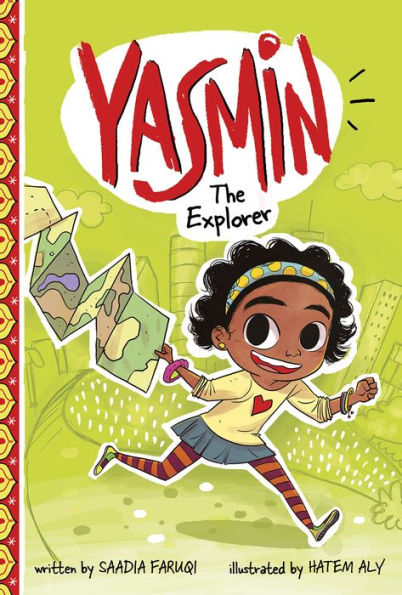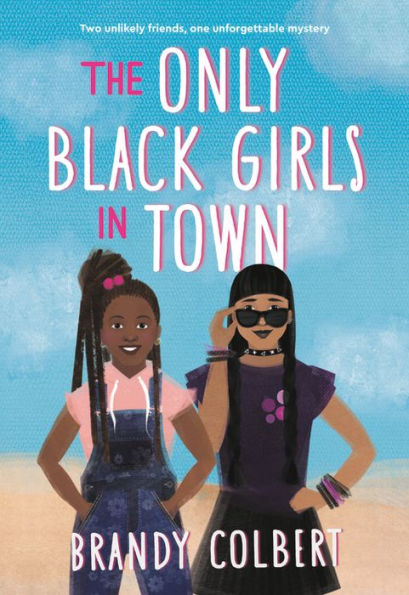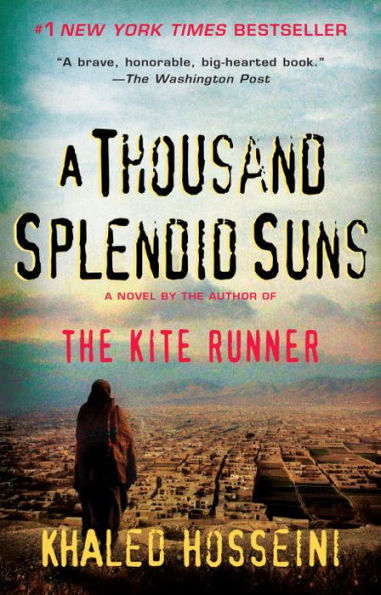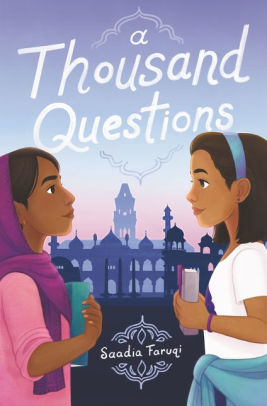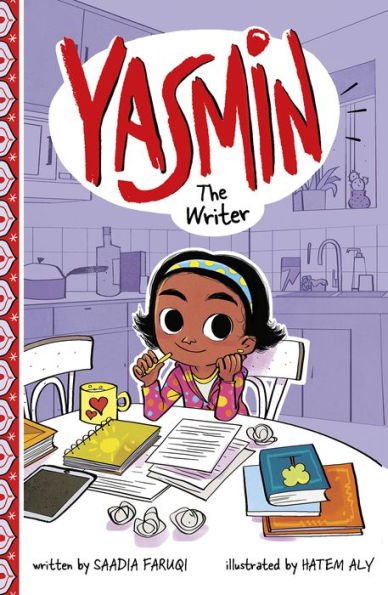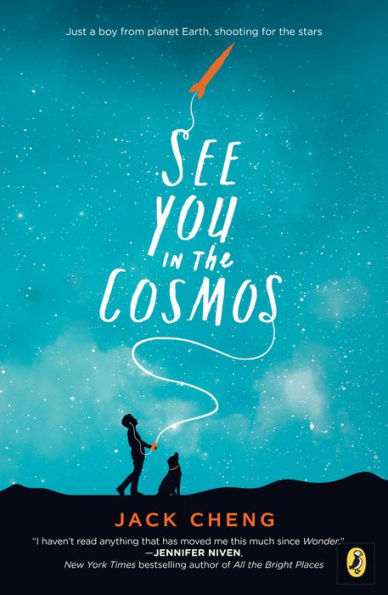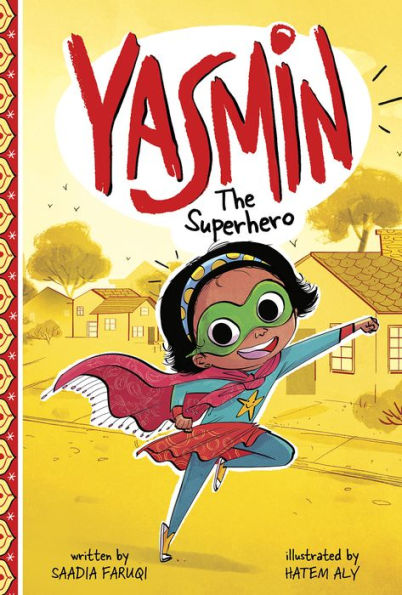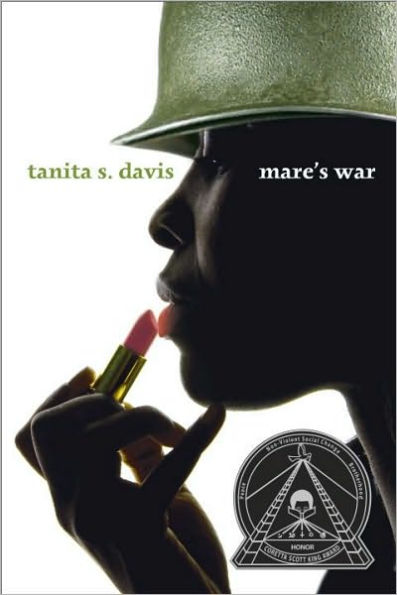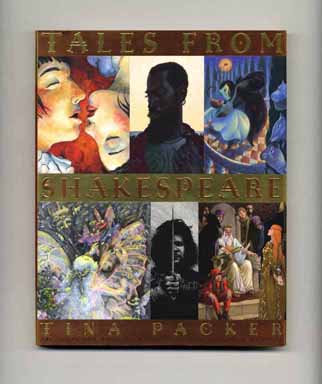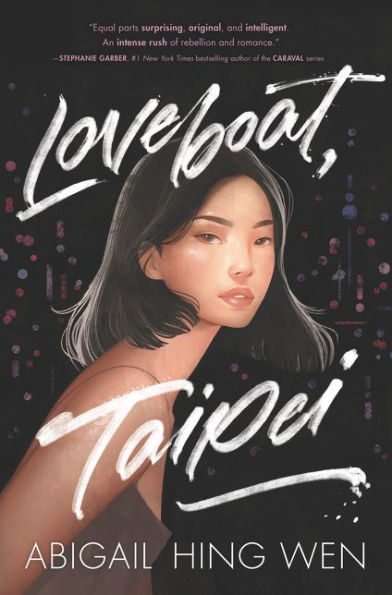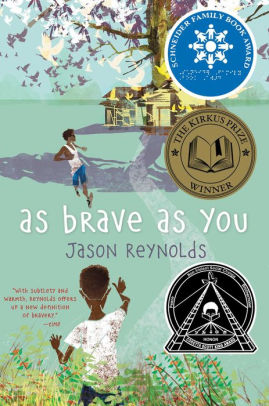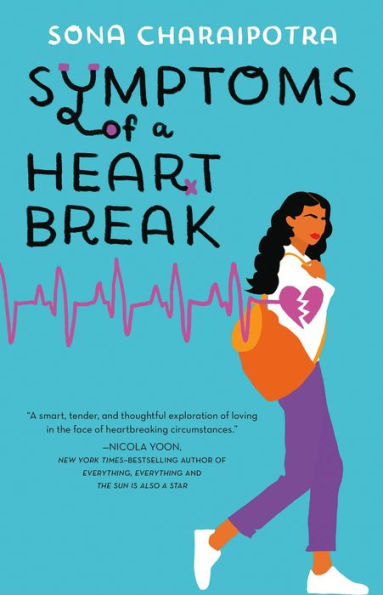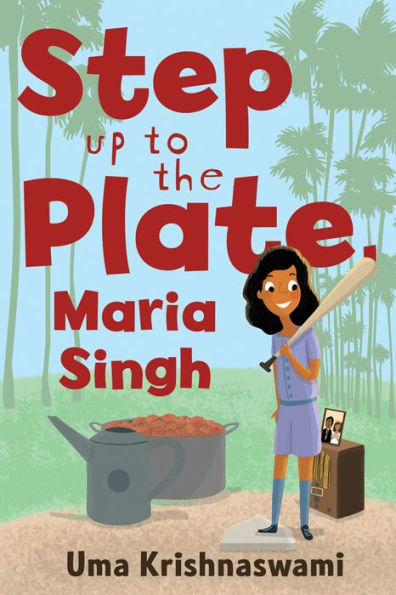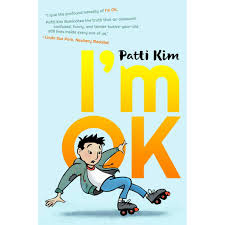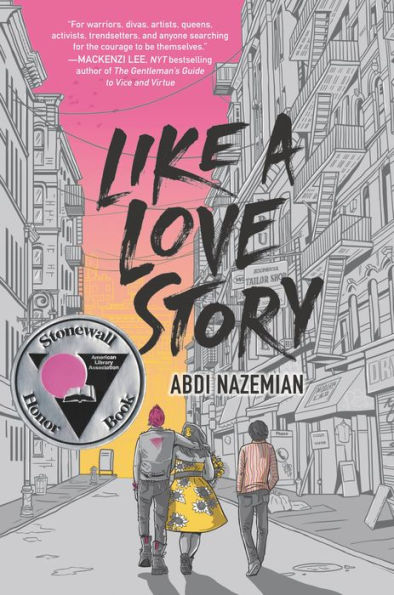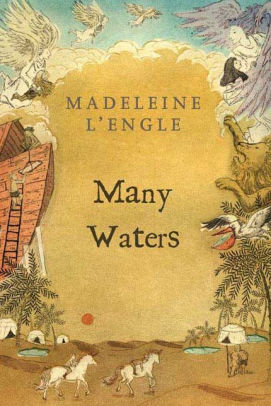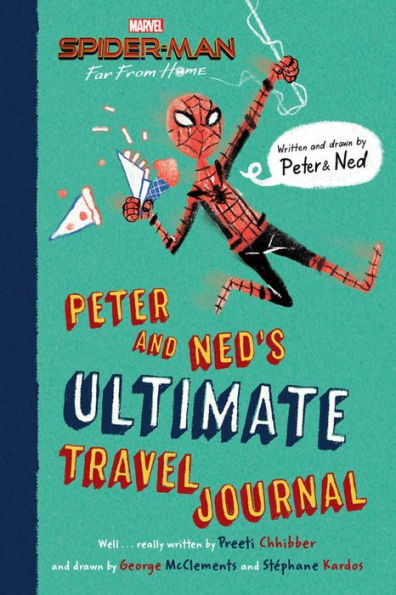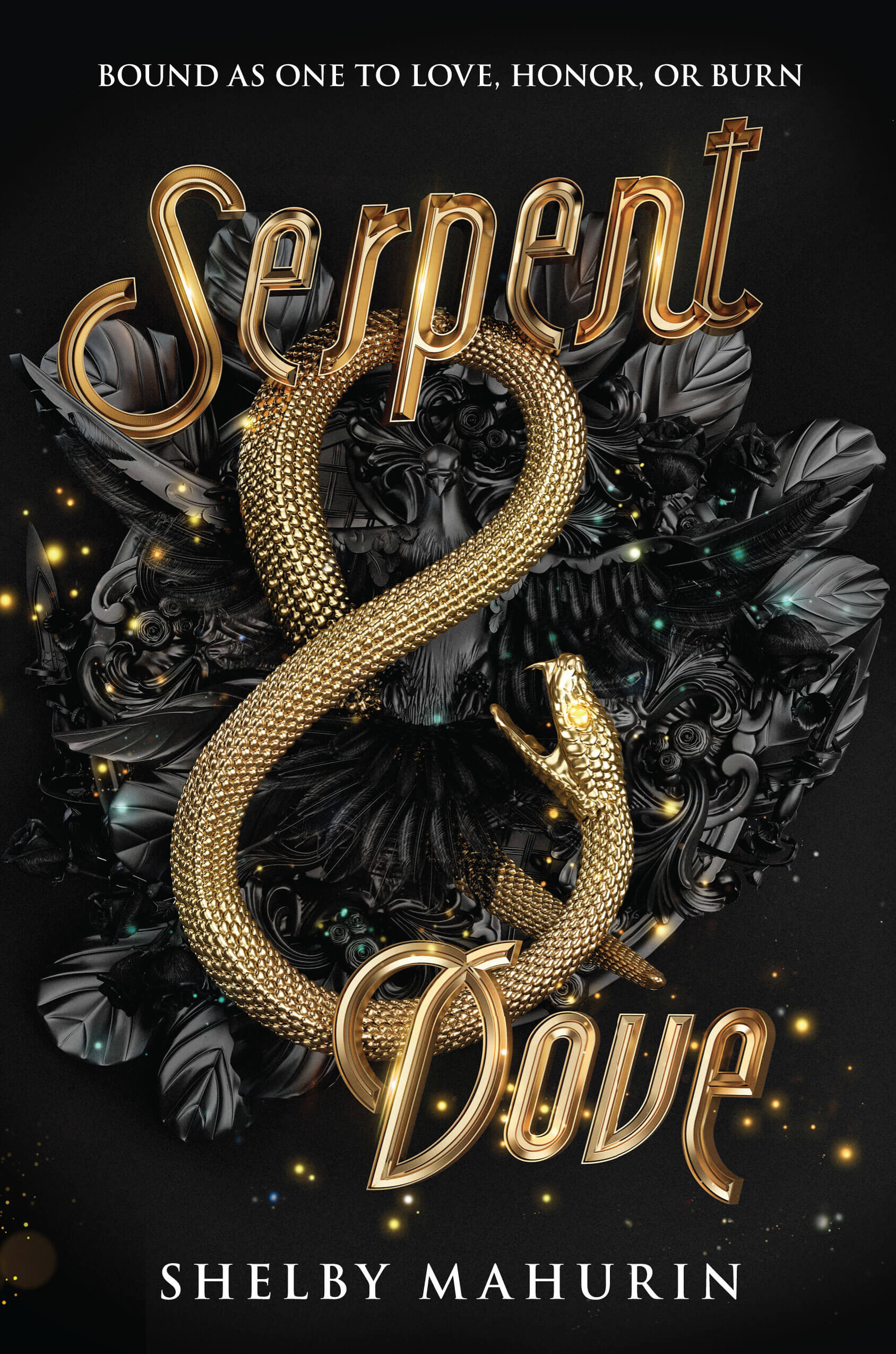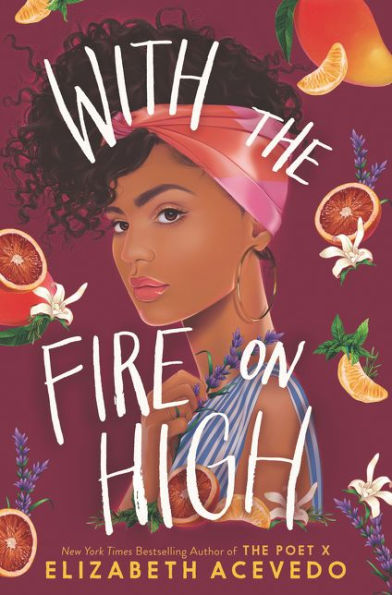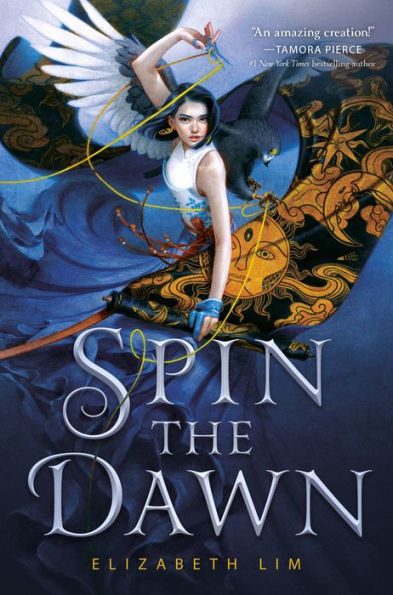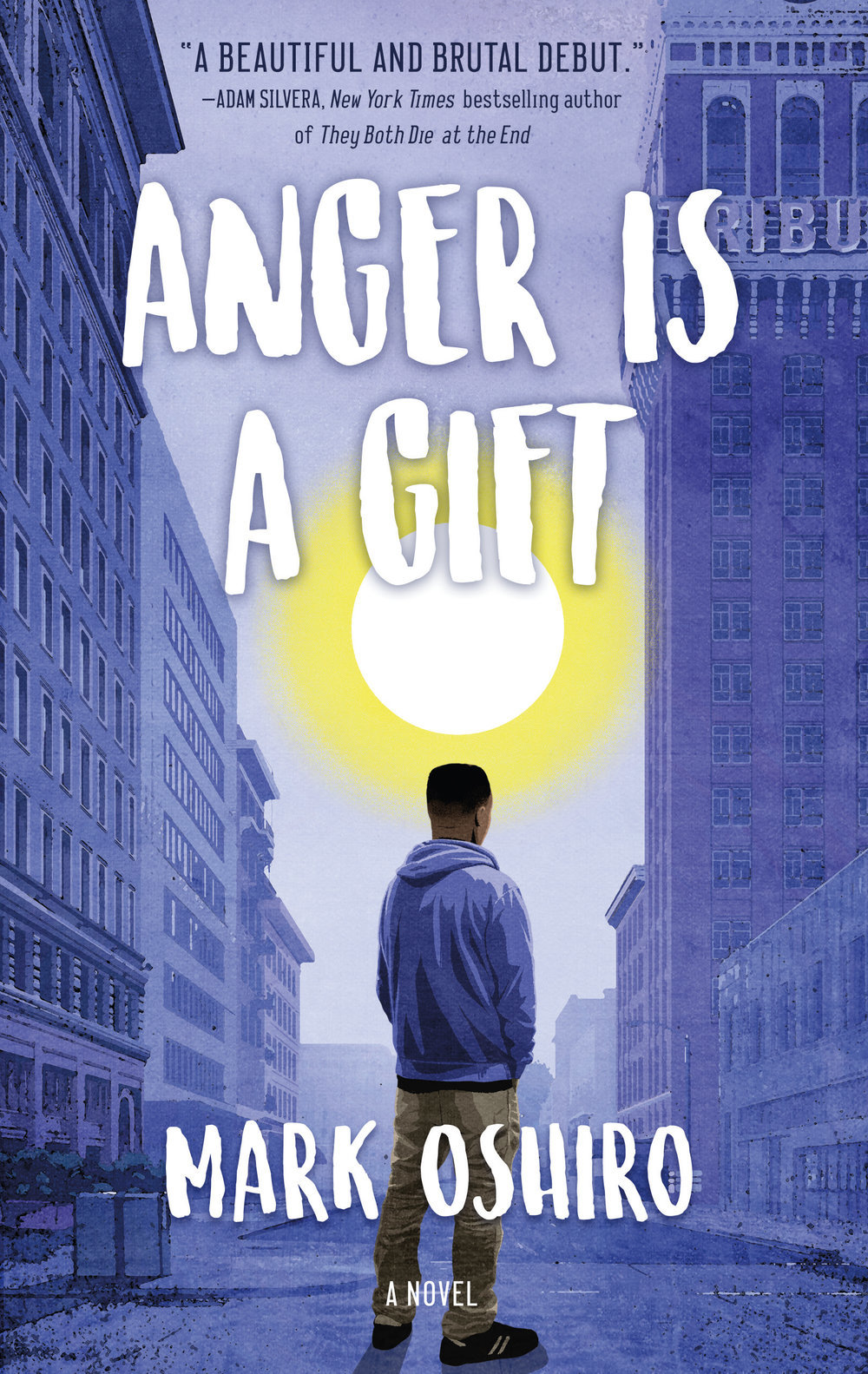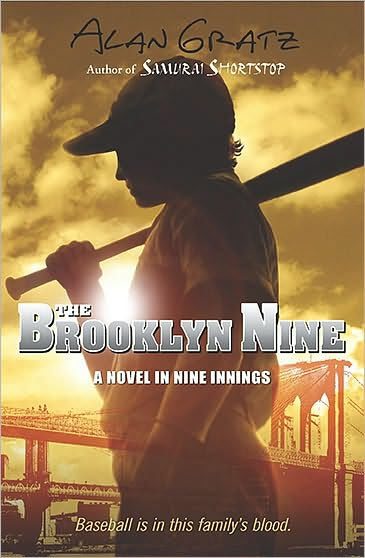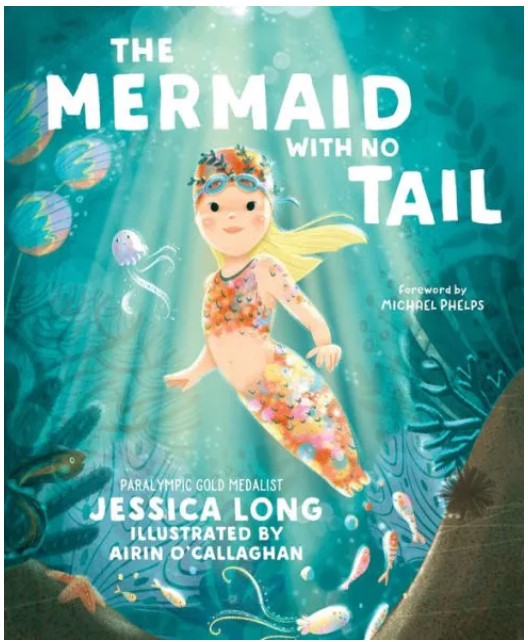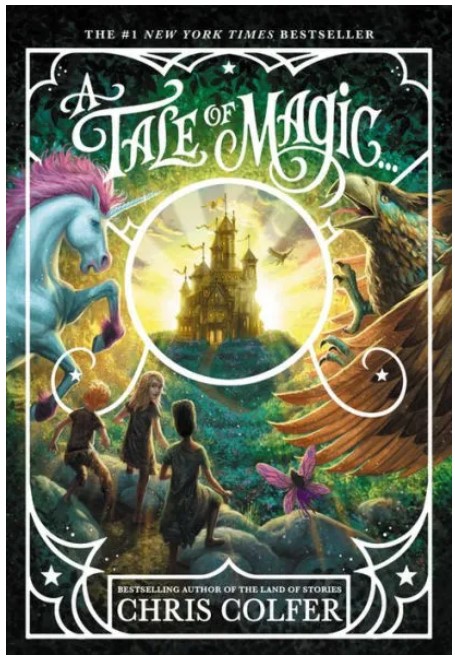Ever Wong’s parents came to America with little, but they were determined to make a better life for their children. Ever’s father, a talented doctor, was unable to obtain a medical license in the US and the family is barely scraping by. The Wongs are determined to see their daughter become a doctor. The only problem is that Ever has very little talent for medicine and would much rather go to dance school.
Ever wants to spend her summer dancing with her friends, but her parents have different plans for her. Ever’s mother pawns her most valuable jewelry to pay to send Ever to a rigorous pre-med program. Then Ever’s mother sends her to Chien Tan, a summer program designed for Chinese-American high school students learn about their culture through eight weeks in Taipei, Taiwan.
In Taipei, Ever finds herself among a Chinese-American majority for the first time in her life, but she also discovers that many of her peers have grown up quite differently from her. Most of the Chien Tan students have enormously wealthy parents, and nobody else has had to pawn jewelry to pay for their airfare. Many of Ever’s peers are fluent or near-fluent in Mandarin, which Ever never learned.
Sophie, Ever’s roommate, tells her that Chien Tan has the nickname “Loveboat.” It’s the status quo for students to sneak out at night, go clubbing, and abandon their boyfriends and girlfriends back in the States for intense, short-lived love affairs. Away from her family for the first time, Ever begins to break all of her parents’ strict rules: she drinks, dresses immodestly, and kisses boys. She finds herself caught in an intense love triangle between golden-boy Rick and mysterious bad-boy Xavier.
Loveboat, Taipei addresses many issues that readers may find relatable: the pressure of overbearing parents, the pressure to get drunk or have sex for the first time, and the complicated feelings one can have over cultural identity. The romance is well-written and the love triangle is cute, but readers may find it hard to believe that the two most popular boys in Loveboat are both so smitten with the likable, but unassuming, Ever.
Much of the book’s plot concerns the drama around Ever’s love triangle. Through Ever’s perspective, readers see background characters work through their own drama, too. The cast of characters is large to start with, and it gets confusing when the book names too many extra characters who aren’t part of the plot and only exist to populate the background. Chien Tan gives unbridled freedom to kids on the cusp of adulthood. They form hasty relationships, hurt themselves, and hurt each other—emotionally and sometimes physically. For example, Sophie spreads nude photos of Ever out of spite. Readers may think this was unforgivable, but they eventually make up.
Ever’s frustration with her parents is a major theme; despite their disagreements, the family clearly loves each other. The narrative reflects the nature of this complicated relationship. Ever learns to stand up for herself and exercise her new freedom staying true to her own values. Loveboat, Taipei will be a compelling choice for readers looking to read about culture, class differences, and “leaving the nest”.
Sexual Content
- The official rules at Chien Tan say, “No boys and girls in a room with the door closed.” However, this rule is often broken.
- Ever says that her mother believes that “sex is a by-product of marriage to be endured, preferably through a hole in the blanket.”
- Later, after having sex for the first time, Ever says, “Sex isn’t the barely tolerable duty of procreation, like Mom always insinuated. It’s two human beings fitting seamlessly together.” However, she still feels guilty, because she “wanted to wait for love.”
- Ever sees a boy she once kissed and remembers, “those big hands on my hips. His tongue pressing my lips apart. He taught me everything I know about kissing that I didn’t learn from practicing on oranges” with her best friend in middle school.
- At the Chien Tan dormitories, a couple is ousted from their room. The girl is “clutching her pink dress to her bra.” Ever says that the boy “grabs his shorts–but not before I catch a glimpse of his . . . equipment.” Ever says she is “too stunned to close my eyes.”
- Ever says that a girl enjoying a meal makes “moaning noises straight out of a scene I wouldn’t be allowed to watch on TV.”
- Someone asks Rick if he and his long-distance girlfriend have been “having phone sex.”
- At a club, Ever sees “middle-aged men who line the walls, eyeing girls on the dance floor.”
- Ever dances with a boy from Chien Tan. “His eyes sweep my body. His neck gleams with sweat. My hair’s damp. I writhe with him, matching thrust for thrust. His hip wedges against mine as he pulls me deeper, deeper–and then I feel him. Oh my God. Oh my God. Is that what I think it is?” She realizes he has an erection and backs off. Later she thinks, “I’ll have to see him in class every single day, knowing I gave him a boner, and him knowing I know.”
- Sophie tells Ever, “Xavier and I hooked up. Last night. We did it.” She tells Ever “far more detail than I need or want: how they’d made out the whole cab ride home, fumbled down the darkened hallway, tumbled into a spare bedroom on the first floor.” Ever notices that Sophie has “a pink, quarter-sized hickey” on her neck. Ever says, “I can’t imagine sleeping with a guy after knowing him only a week.”
- Sophie and Ever go to take “glamour shots.” The photos get more and more risqué until Sophie takes a photo naked. “Her bikini lies in a silky, white heap on the floor. She’s naked. Not practically. Actually. Yannie’s lights shine off her golden skin, illuminating bikini patches.” Sophie tells Ever, “This is art, not porn.”
- While taking photos, Ever remembers how she always felt “the grip of shame” about her body, especially when she “developed more parts to feel ashamed of flaunting.” She decides to follow Sophie’s lead and pose for her own nude shots.
- Later, someone makes copies of Ever’s nude photos and distributes them to everyone. Ever sees the photos, which show “A girl. She’s back-dropped in white, the only object in her rectangular world. Her hands open like fans at her sides. She gazes out at me, chin raised boldly, dark-red lips parted with a seductive intake of breath, coils of black hair swept up to show off every curve of skin from the slope of her neck to her coyly cocked ankle–and everything in between.” The photos get her into a lot of trouble. The Chien Tan students and staff all see the photos, and Ever is mortified and almost expelled.
- Ever recalls that some men have “Asian fetishes.” She remembers explaining to a white friend why attracting men’s interest simply because she’s Asian is “not flattering, why it’s based on stereotypes that have nothing to do with who you are.”
- A girl in the bathroom seems very embarrassed while she scrubs at a blood stain on her sheets. Ever blushes when she realizes that they’re “not period stains” (The implication is that the girl bled during sex).
- Later, after having sex for the first time, Ever sees “a red smear, like a smudge of calligraphy ink,” on the bedsheet. She’s embarrassed and hopes she’ll never have to see the boy again.
- Ever passes a couple’s room and hears “soft little moans and kissing sounds.”
- Xavier kisses Ever. “His mouth is soft, sweetened by wine. He tucks his fingers into my hair and cradles the curve of my neck. Under his lips, my back arches slightly… His mouth silences me, parting my lips, making me gasp with the unexpected pleasure of his tongue.” They stop a few moments later.
- Ever has sex with Xavier, but the scene isn’t depicted. The next morning, “I lie on my side on a cloud of down feathers, nude between cotton sheets and a blue duvet and the weight of Xavier’s arm over my waist. His naked body presses against my back from shoulder to thighs. Last night returns like a dream: Xavier’s hand on my back, guiding me to this room as our mouths moved together, the click of the door sealing our privacy, then his mouth on my eyelids, my cheeks, the hollow of my neck, his hands exploring . . . my fingernails in his shoulders. My body is sore in places I didn’t know could feel sore.”
- Ever and Rick bathe in a hot spring together and become intimate. The scene takes place over several pages and concludes with, “His mouth burns a line down to my belly button. It makes my body quiver like a tightly strung instrument. The splash of water echoes as he slips back into the pool. My stomach dips as his hands part my knees. He slides his shoulders between them, and his hands tuck under my thighs and take hold of my hips. He kisses a trail along the inside of each thigh, his breath warm on my skin, so near and intimate. My pals press the stones, all my body throbbing, unbelieving, as he asks permission to continue, and my whisper yes blends with the gurgle of the hot waters. He takes his time. A slow burn that builds and builds, until I am clawing at the stones and my back arches and my toes splash and my body ripens under his grip.” Later, Ever says, “Who knew Boy Wonder was so good with his tongue?”
- During Chien Tan’s talent show, one of the boys dresses in drag. A character sees the drag queen and says, “Whoa, she’s stacked.” The drag queen’s “red lace bra is covered only by the middle button of her coat.”
Violence
- Ever remembers hearing about a child prodigy who “died by suicide.”
- Ever resents Rick and says, “I indulge a fantasy of me using that big, hard body as a punching bag.”
- When Xavier gets out of his dad’s car, Ever notices that “a reddish blotch shines on his cheek–a bruise? Did his dad hit him?”
- During a conversation with Ever, Xavier reveals that his dad said “[he] should’ve beat me harder to beat [the dyslexia] out of me.” Ever is horrified that Xavier was abused over his dyslexia. Xavier says, “My dad gave me a new set of trophies and told me I was a disgrace to nine generations.” Ever realizes that by “trophies” he means “bruises.”
- Ever remembers “Mom with the chopsticks, hitting the inside of my bare thigh once, twice, three times. I don’t even remember what I’d done. The chopsticks only came out occasionally, and left no scars, but the shame has lingered.”
- A man making ‘snake-blood sake’ cuts the head off of a snake. “His hatchet bangs down. The snake’s fanged head flies” at one of Ever’s friends. “Its severed end spurts dark red blood . . . Into one vial after another, the man squeezes the snake’s cut end. Dark red blood pulses out, pinking the liquor.”
- At a bar, Ever is accosted by “two hundred pounds of meaty guy.” Ever says he “crushes me against the bar. He reeks of alcohol and sweat. I shove back, but it’s like trying to move a brick wall.” A boy from Chien Tan comes along and rescues her by telling the man, “She’s with me.”
- A Chien Tan couple has arguments that “usually ended with something broken—a bulletin board, a lamp, his toe.”
- When he’s angry, Rick “slams his fist through the center of his rice sack.”
- Ever becomes interested in the choreography of fighting with staffs and sticks. She and Rick often mock-duel, but never with the intention to hurt. There are several pages of scenes where they ‘fight’. For example, “The crack of wood on wood punctuates the air, reverberating in my hands. I swing again. Again. Force him back until his foot hits a brick wall. And then he’s shoving me back, stick flying. . . swing a blow at his head. He ducks.”
- During one fight, Ever says, “I instinctively whip my stick down—and slam his knuckles.” Ever apologizes immediately, because she didn’t mean to hurt Rick.
- Someone tells Ever about “samurai of feudal Japan, soldiers who didn’t fall on their swords like the Romans did, but disemboweled themselves.”
- Rick and Xavier get into a fight. “Xavier’s arms are locked around Rick’s neck, both bent double as they lurch into Marc, who grabs at them, earning himself a punch in the stomach . . . They’re inseparable, a force of muscled arms and legs and rage, knocking over everyone in their path.” Chien Tan counselors break up the fight and send them to the infirmary to clean up their bloody noses.
- Sophie arrives home with a black eye and claims she “walked into a wall.” Later, Ever discovers that Sophie’s boyfriend Matteo has been violent with her. Ever sees Matteo “in a drunken stupor,” chasing after Sophie. Sophie locks herself in her room and Ever hears Matteo “spewing curses. The door shakes under his weight. I jam the door in place, then hang on tight. Under me, the door convulses as he pounds and pounds.” Later Sophie says that Matteo was mad because she “bit him.” Sophie agrees to let Ever tell the Chien Tan counselors about the incident, and Matteo is expelled and sent home.
- Someone talks about how their mom struggled to find employment. “My mom went to work in a hotel and then some asshole manager slapped her butt and she shoved him onto his . . . now she’s cleaning toilets.”
- Rick speaks about the tense relationship he has with his girlfriend, who suffers from severe depression and relies on him for emotional support. “We were in her kitchen. Cutting a loaf of bread we’d picked up. And she started crying and saying she couldn’t anymore, couldn’t take her parents, school, life, without me. She grabbed the knife, and I grabbed hold.” He “opens his palm to sunlight. Under its harsh yellow rays, the four inch-long scars line up in their row.” He admits that he eventually only stayed with her because he was afraid she would harm herself. The book later explores how this relationship has harmed Rick.
Drugs and Alcohol
- When trying to navigate the airport, Ever runs into a man who stinks of “cilantro and cigarettes.”
- Ever soon learns that the drinking age in Taiwan is eighteen—making her legally able to drink. Still, it’s against Chien Tan rules. She says she’s “never even tried alcohol,” and that the last time she went to a wedding, her mom “whisked [my] champagne glasses from under the waiter’s bottle.”
- During a study group, some boys “are passing a steel bottle around.” Ever declines the first time, but partakes at later meetings.
- Ever breaks her parents’ “no-alcohol” rule by drinking ‘snake-blood sake’. After watching a man chop off a snake’s head and squeeze the blood into the alcohol, she drinks it. “I throw back my head. The warm, salty blood and sake set my throat on fire. It tastes bitter. Like metal. Heat sears my chest, opening up a pipe there I’ve never felt before . . . My head feels stuffed with rice, then it explodes in a million directions. Kaleidoscopic tingles dance through my body.” Later in the evening, she throws up on the street and has to be carried home.
- After being in Chien Tan for several weeks, guava cocktails are Ever’s “new favorite.”
- Xavier hands Ever “a bottle of . . . a French wine with a white label. I fit its glass top to my lips and take a long pull. Dark cherry, rich and strong. I take a second pull, a third, letting its smoothness warm my body.”
- In her messy room, Ever notices that some clothing lying on the floor “has soaked up a can of stale beer.”
- After Ever sprains her ankle, a paramedic gives her “a white pill—prescription-strength ibuprofen.”
Language
- Profanity is used infrequently. Profanity includes crap, ass, asshole, hell, damn, shit, bastard, bitch.
- Oh my God and Jesus are occasionally used as exclamations.
- Fuck is used four times.
- Ever calls Rick a brown-noser.
- Someone calls Ever a slut.
- Someone calls Sophie “fucking bitch” and “cocktease.”
- Ever remembers seeing a store clerk call her dad a “stupid chink.”
Supernatural
- A hotel “has no fourth floor—the Chinese equivalent of unlucky thirteen, because four sounds like death in Mandarin.”
Spiritual Content
- Ever describes her parents as “Chinese-Baptist.”
- When dancing, Ever says she feels like “a goddess.”
- Ever recalls “sorting I Ching sticks with a fortune-teller” while touring Taipei.
- One girl at Chien Tan is “really involved with the weekly Bible study she started.”
by Caroline Galdi
